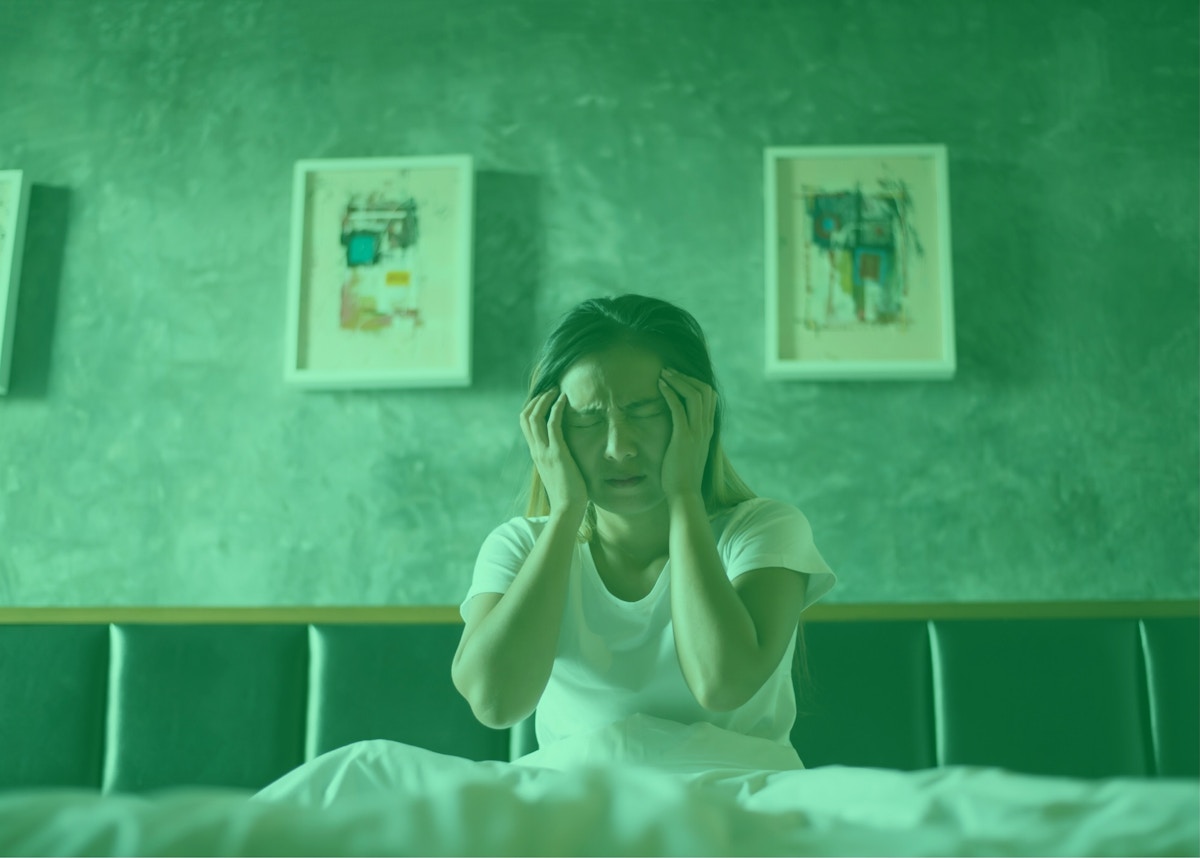
Bad Habits and Addiction: How These Behavioral Problems Are Linked
Last Updated: Tue, January 23, 2024Addiction is prevalent, and many people will deal with addiction at some point in their lifetime. But it is true that some people seem more inclined towards addictive behaviors than others. If you struggle to control bad habits you may be worried about the repercussions of this and if they could gradually become addictions. In this article, we will be examining the link between bad habits and addiction and how they can impact each other.
What Are Bad Habits?
No matter who you are, you most likely have at least a few bad habits that you are either aware of or aren’t. Bad habits are actions that we perform so frequently that they become involuntary. When this happens, we will often perform this action without being aware that we are doing it. A good example of this is somebody who bites their nails when they are anxious, but they don’t realize they have done this until after the fact.
What Is Addiction?
Addiction and bad habits are sometimes confused since some bad habits lead to addiction. Unlike bad habits, however, addiction is an actual disorder characterized by compulsive and relapsing behavior. You can be addicted to a substance, thing, or activity that you regularly seek and use, even though there are negative consequences. A good example of this is binge drinking, even though you know you will feel sick and full of regret the following day.
Bad Habits That Can Lead to Addiction
A lot of people may think that they aren’t the kind of person who would ever struggle with addiction, but the reality is quite different. Just about anyone could fall into some type of addiction if they have created the right environment for it. One way to create the perfect environment for addictive behaviors is by allowing bad habits to creep in. Here are some examples of common bad habits that could easily lead to this.
-
Smoking: Most people are already aware that smoking is a bad habit that comes with addictive consequences. You start to need to smoke more and more to get the relaxing effects you once had. When cigarettes aren’t enough anymore, you may even begin to upgrade to pills, drinking or even hard drugs when smoking no longer feels like enough.
-
Drinking: Drinking is one of the most socially acceptable addictions out there, which is why it is so dangerous. You may be a social drinker, but this can quickly spiral into alcoholism if you start to use alcohol to cope or to loosen up.
-
Irregular Sleep: Believe it or not, not having a good sleep routine can lead to addictive behaviors. A lot of people would admit that they have an addiction to caffeine, which keeps them reaching for their morning cup of coffee. Even though this is not a severe addiction, any kind of addictive behavior opens the door to more serious addictions if you aren’t careful.
-
Misusing Medicine: Everyone has access to over-the-counter drugs in the form of pills meant to treat different conditions. You may also be prescribed special pills and drugs depending on your health needs. If you find that you are misusing these drugs, that could quickly spiral into something more serious. A good example of this is people who have been prescribed painkillers after surgery and became addicted to them.
-
Using Things to Suppress Stress: Stress is a part of life, and everyone has to find healthy ways of coping with this emotion. If you are constantly suppressing your negative emotions instead of working through them, this could easily lead to you suppressing stress with things like drugs and alcohol.
Are These Behavioral Problems Hereditary?
An interesting part of behavior is that a lot of it has a genetic component that goes back to when you were conceived. Because of this, there is a genetic component to bad habits as well as addictive behaviors. But this does not mean that some people are doomed to have these behaviors while others aren’t. It also comes down to personality and what you are exposed to throughout your life. Children raised in households with bad habits and addictions on full display are going to be more likely to have these behavioral problems when they reach adulthood.
How to Correct Behavioral Issues
A lot of research has been done on bad habits and how people can beat them once and for all. The good news is that the solution for bad habits is simple and really only requires you to find a more positive habit. Instead of trying to cut out all of your bad habits, develop good habits and start to rely on those instead. For example, instead of biting your nails, try keeping a notebook and pencil to write down what you are feeling at that moment. Or, if you are feeling the urge to smoke, you can have a meditation session for a few minutes until the feeling passes.
Even though a lot of bad habits are not necessarily alarming, any behavioral issue can get out of control before you realize it. If you have any addictive behaviors, it is important that you understand the root of these behaviors and treat them accordingly.
Conclusion
It is easy to brush off bad habits as something that you cannot control and aren’t really doing any harm. But the reality is that bad habits and addiction are closely linked, especially when it comes to addictive bad habits. Things like drinking caffeine and smoking may not seem like serious problems at first, but they can quickly spiral out of control. It is especially important to keep an eye on bad habits if you already have a history of addictive behavior.
Holding yourself accountable is difficult since no one wants to admit to themselves that they have a problem they need to fix. That is where finding a community comes in since you can find like-minded individuals who can hold you accountable. This is why an app like I Am Sober can be so useful, especially for those who have already struggled with addiction.
I Am Sober is a free app that helps you get some control back in your life.




